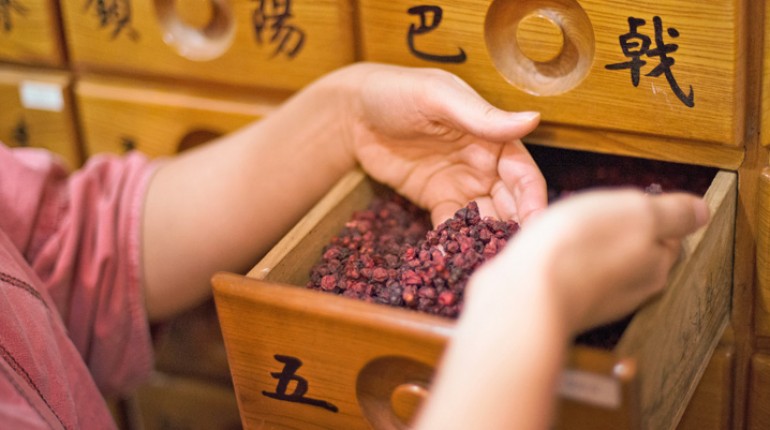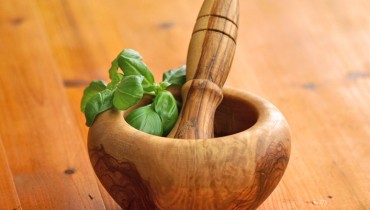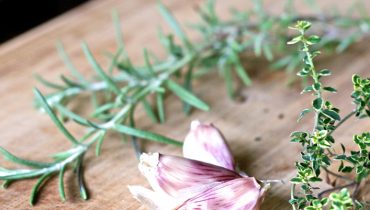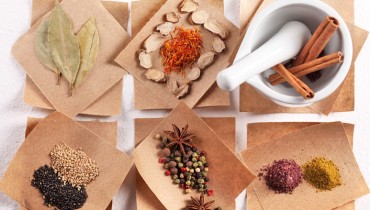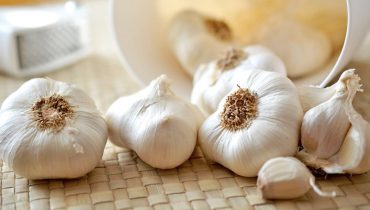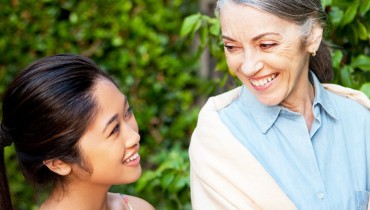Herbal medicine is believed as the main remedial mode of home medicine in China. Approximately 500 traditional Chinese herbs are in use among which 250 are commonly used. Instead of being prescribed individually, single herbs are mixed into patterns that are configured to conform to the particular needs of independent patients.
An herbal recipe can contain from 3 to 25 herbs. With diet therapy, every herb has one or more of the five smells/ uses and one of five “temperatures” (“Qi”) (hot, warm, neutral, cool, cold).
Chinese physician used different methods to classify different traditional Chinese herbs. They are:
- The four natures
- The five tastes
- The meridians
The four natures: This appertains to the level of yin and yang ranging from cold (extreme yin), cool, neutral to warm and hot (extreme yang). While selecting the herbs, patient’s internal temperature is taken in to account.
The five tastes: The five tastes are pungent, sweet, sour, bitter and salty. Pungent herbs are used to yield sweat and vitalize qi. Sweet-tasting herbs often accord bodily systems. Sour taste most oft is astringent or consolidates, while bitter tastes drives off heat, purges the bowels and get rid of moistness by drying them out. Salty tastes dampen hard masses as well as flush and open the bowels.
The meridians: The Meridians refer to which organs the herb works. For example, menthol is pungent, cool and is associated with the lungs and the liver. Since the lungs is the organ which defends the body from intrusion from cold and influenza.
Common Herbs in Use
Many of the modern day drugs have been developed from traditional Chinese herbs such as the treatments for asthma and hay fever from Chinese joint fir, hepatitis remedies from schizandra fruits and licorice roots and a bit of anticancer agents from trees and shrubs. There are various herbal drugs that intensify the energy, aliment the blood, calm tension and influence menstruation.
The most commonly used traditional Chinese herbs are ginseng which is used to boost energy, reduce stress, wolfberry which reduces cholesterol level, dong quai which is used to regulate menstrual cycle and treat menopausal symptoms caused by hormonal change, astralagus acts as immune for diseases and allergies, atractylodes used for treating digestive disorders.
Bupleurum is very useful herb which is used to treat liver diseases, skin ailments, arthritis, menopausal syndrome, stress-induced ulcers, and mental disorders.
Cinnamon regulates the circulation of blood. Coptis is a bitter herb which is used to treat skin diseases, insomnia. Licorice is also a bitter herb which is used to treat hepatitis, sore throat, and muscle spasms.
Ma-huang has a metabolic foil that burns more calories for those that are attempting to lose weight. This is one of the important herbs in Chinese herbs weight loss program. Rehmannia is a root which nourishes blood and hormonal systems.
